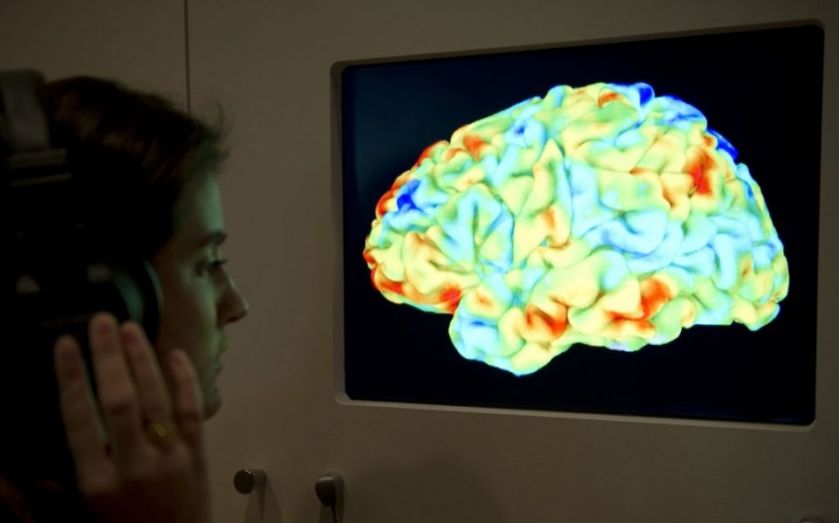New discovery in mice paves the way for dementia cure

Scientists at Duke University in the US have managed to stop mice developing dementia, and a similar cure could soon be on its way for humans.
Using a drug that tinkers with the rodent's immune system, they were able to completely stop the onset of the age-related disorder, which is characterised by loss of memory and a general decline in cognitive ability.
The cells they focussed on are called microglia, which are normally the first line of defence in the brain and spinal cord. But in the case of dementia they become the enemy themselves, and start breaking down too much argenine – an essential amino acid for building proteins in our bodies.
The drug contained a chemical block that was able to stop the microglia from working properly, and
as a result the amount of argenine stayed at a healthy level. When this happened, the scientists noticed fewer symptoms of dementia, such as a build up of damaged protein in the brain and poor performance in memory tests.
Dementia is a broad spectrum of degenerative brain diseases, one of which is Alzheimer's, and according to lead researcher Matthew Kan this sheds a very positive light on the development of new treatments and maybe even a cure for the disease.
“All of this suggests to us that if you can block this local process of amino acid deprivation, then you can protect the mouse, at least from Alzheimer's disease,” he told the BBC.
"We see this study opening the doors to thinking about Alzheimer's in a completely different way, to break the stalemate of ideas in Alzheimer's disease."